Schools brace for swine flu
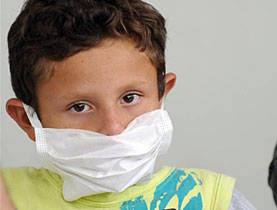
Sandwiches? Check. Calculator? Check. Facemask?... On Monday ten of Switzerland's 26 cantons go back to school and it's business as usual.
Despite concerns over the A/H1N1 virus – which to date has been confirmed in more than 600 Swiss – no schools have been closed preventively. The authorities are instead focusing on hygiene information campaigns.
In fact masks will not be part of this season’s school uniform.
“Pupils don’t have to wear masks. It’s a mistake to think that the mask is the best form of protection,” Bernhard Pulver, director of education for canton Bern, told swissinfo.ch.
“The best way to protect yourself is to wash your hands regularly because the germs are on tables, doors, when you shake hands, and then you touch your eye or your nose or your mouth – this is how the flu is transmitted. Not by air.”
He added: “If someone is ill, wearing a mask is very useful because then the germs can be stopped. But if you are ill, you have to stay at home – don’t use a mask and go out!”
Different measures
Switzerland’s federal set-up means there are 26 separate education systems, and Bern is one of ten cantons – along with Appenzell Outer Rhodes, Basel City, Basel Country, Glarus, Obwalden, St Gallen, Schaffhausen, Solothurn and Thurgau – starting the autumn term on Monday.
Different cantons have announced different ways of minimising a potential pandemic.
In Solothurn for example caretakers have been told to disinfect door handles and railings, and pupils have to sit further apart. Glarus is postponing class camps until after the autumn holidays.
Pupils in Thurgau have been instructed to dry their hands with paper napkins instead of towels.
“This pandemic is a chance to get across the importance of hygiene in school – something I don’t think pupils are aware of,” Pulver said.
Preventive closing
Nevertheless, many parents are looking to the start of the new term with trepidation.
“The level of alarm is quite high,” admitted Joachim Eder, director of health in canton Zug.
But Pulver says that closing a school preventively – in Basel City a school will shut if two pupils are diagnosed with A/H1N1 – won’t serve any use.
“The children are at home and then go out and play football or go swimming – or the parents organise some supervision – and then the disease spreads,” he said.
An additional problem for parents could be that, according to Swiss employment law, parents of sick children can only stay away from work for three days. No special pandemic previsions are foreseen.
What’s more, pupils can’t celebrate if their school is closed: to make up for lost class time, cantons can shorten the next holiday or implement online lessons.
Overreaction?
Pulver says that in Bern teachers have been told to send home pupils who turn up with a temperature or other flu symptoms.
“If we have many cases of swine flu in a school – many could be half a dozen in a class or several classes with several cases – then the school director contacts the school doctor, who can order the closure of the school,” he said.
Does he think there’s a risk of overreaction? “Yes and no. Yes, because swine flu, according to what we know so far, is less dangerous than the usual flu we have every year. In this sense we are overreacting a little,” he said.
“In another sense we are aware of the possibility of a very dangerous pandemic change of this virus. It’s important that we now have the chance to inform everyone about the best hygiene measures. We couldn’t do that without this reaction.”

More
Pandemic
Swiss cases
This week the Federal Health Office said the swine flu pandemic was still likely to reach Switzerland by the end of the year despite signs that the infection rate had peaked in parts of the southern hemisphere.
It said neighbouring Germany and Italy had recently reported a massive increase in new cases of the A/H1N1 virus.
As of Friday, there have been 614 confirmed cases in Switzerland, mostly imported by people who returned from trips abroad. Four have had to be admitted to hospital because of complications after childbirth and for respiratory conditions. However, the overwhelming majority have been mild cases.
In its latest update, the World Health Organization (WHO) last week reported 162,230 confirmed cases of the H1N1 virus and 1,154 deaths since the first outbreak in Mexico, in April.
But the United States’ Centers for Disease Control and Prevention (CDC) says more than a million people in the United States alone have been infected. Most public health officials have given up on trying to get precise numbers.
The CDC’s study gives one reason why: even if patients go to the doctor to be tested – and not all do – the instant test does not do a good job of detecting swine flu.
Thomas Stephens, swissinfo.ch
To protect from infection:
Avoid close contact with people who appear unwell and who have fever and cough.
Wash your hands with soap and water frequently and thoroughly.
Practise good health habits including adequate sleep, eating nutritious food and keeping physically active.
The Federal Health Office says it will test a vaccine in September. It could be introduced in October.
It will then have to be licensed by the national licensing authority, Swissmed. Switzerland has ordered 13 million doses.
On August 5 Swiss pharmaceuticals firm Novartis announced it had begun the first human trials of its A/H1N1 flu vaccine, testing safety and whether one or two shots are necessary.
Novartis spokesman Eric Althoff said the company expected to start shipping the vaccine in the last quarter of 2009.
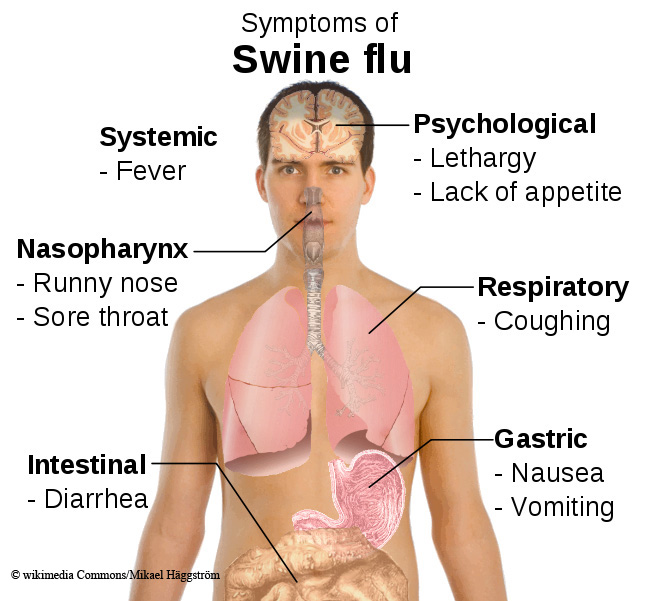

In compliance with the JTI standards
More: SWI swissinfo.ch certified by the Journalism Trust Initiative

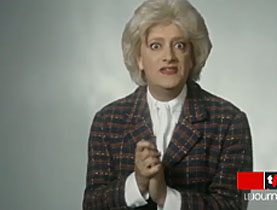

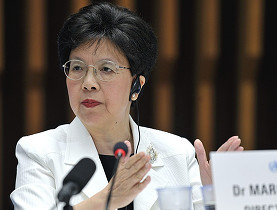
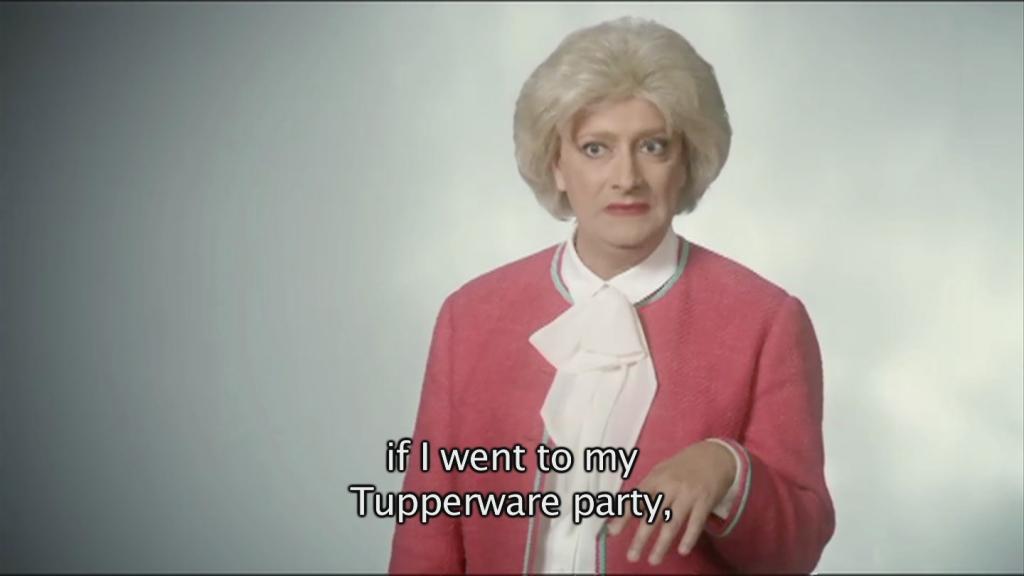
You can find an overview of ongoing debates with our journalists here. Please join us!
If you want to start a conversation about a topic raised in this article or want to report factual errors, email us at english@swissinfo.ch.